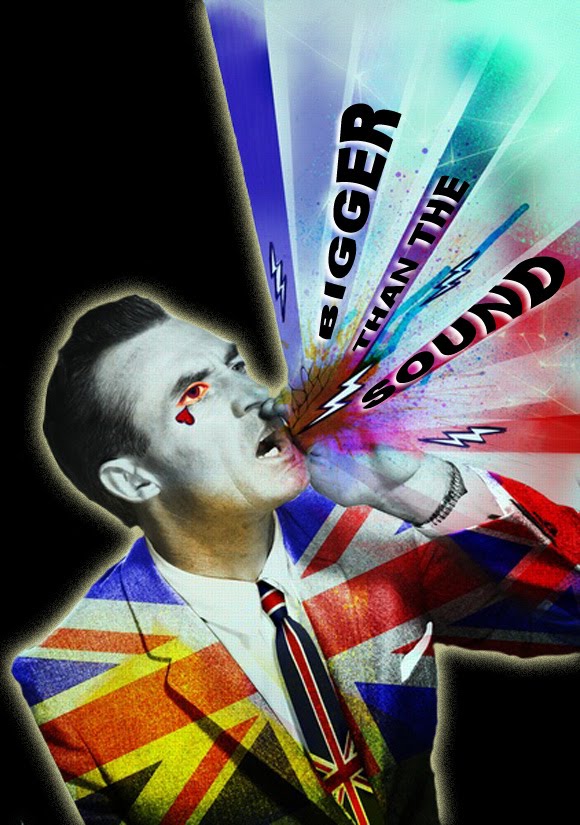Rebel- often if not always associated with the term "punk."
One who chooses to defy the norm, the system, the status quo.
A proud outcast, who not only stands out in the crowd, but ignores it.
The thought of conformity and expectations is a sorry way of living, and to be forced to meet the standards of their society is binding and restricting.
To be free and unique; to have a personality, a thought of your own.
No one can tell you how to act, no one can tell you how to feel.
Who wouldn’t want this freedom?
London, England - 1976
They had enough to be angry about.
WAR.
The ‘60s gave individuals an educated opinion on war, violence and inequality.
Love turned into anger, forming a unique passion.
The polish of the popular rock band began to strip off, as instruments became dirty and distorted.
The ‘60’s opened the public up to free speech and expression, while punk enforced it, and couldn’t care less if anyone was listening.
The punk trend broke out world wide!
Punk spread through the underground scene faster than the majors could sell their own artists, and what was once an alternative thought was now an international community.
The intent of standing out began to require more creativity, as the music got faster and the lyrics racier.
The branching of the punk genre had begun, with the revolt of the punk to a new punk. The result?
An explosion of new music and style- attempting to find an individuality of their own.
Post-punk, New Wave, Hardcore, and Grunge all grew from the punk roots, with the punk ideal of uniqueness in mind.
The many sub-genres of punk therefore meant a routine listen on the music scene, making it hard to ignore the tempting taste of free thought and expression; the rush to rebel.
Punk became such a popular genre that it began to capture mainstream media’s attention.
Pop-punk is born, a contradiction in itself.
The Pop-punk bands shared MTV with America’s ‘Nsync and Britain’s Spice Girls, whilst expressing their punk belief in a rebellious spirit.
However, if these bands are still able to provoke the same emotions within their audiences (of their generation) as punk pioneers of the ‘70s, is the goal still achieved? Has the message been spread?
Which brings us to the debate:
Is punk a personality, or a thought?
Is punk an image or an act?
A sound or a record label?
Is punk physical, or mental?
Is punk material, or is punk spiritual?
What the f*@k is punk?!

OR IS IT?


Hey - thanks for your comment :) I think this is a really valuable debate. Music trends seem to only stay on the fringes for so long - even though the real point is to spread the good word of the subversive lifestyle, mass exposure tends to turn into commercialization. Before you know it, the whole thing's been reappropriated to serve mainstream goals. So where do you draw the line?
ReplyDeletePS. Love the rhythm of your writing here - very interesting.
I think the line is drawn when you define what is and isn't punk. Each branch in the punk genre has rebelled to find an individuality, to say that is any less punk is hypocritical. The irony is Punk became just as much an image any thing else. If it was punk to not give a shit about the mass, chances are they didn't give a shit about you. That seems pretty punk to me, with the exception of studded leather. If it is Punk to not be told how to think, how can you define what punk is? Punk is a contradiction.
ReplyDelete